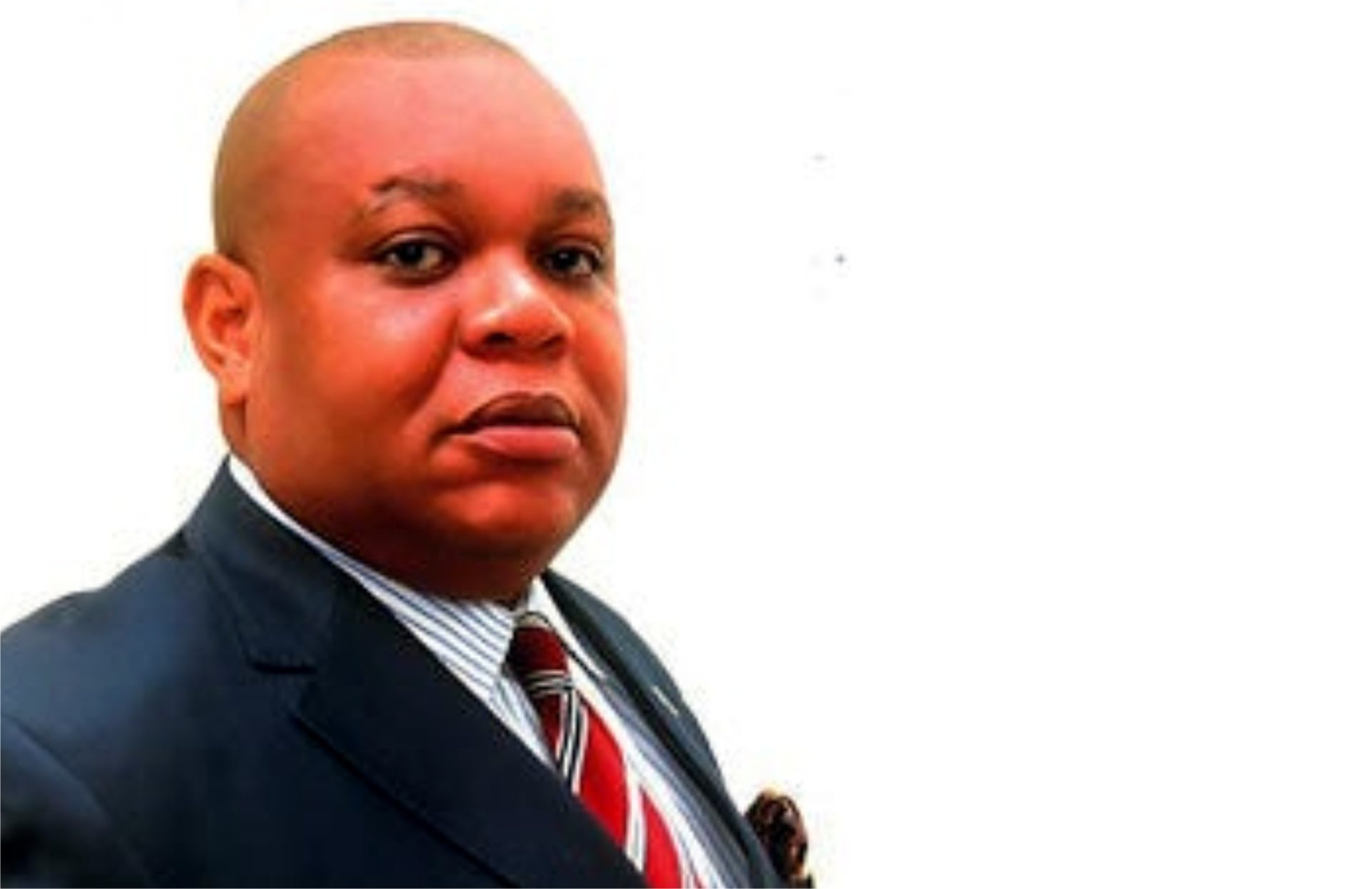A security analyst, Charles Inko-Tariah, has sounded a strong warning over Nigeria’s lingering insecurity, cautioning that without the strategic recovery of illicit firearms and greater citizen participation in intelligence gathering, the country may struggle to achieve lasting peace.
In an exclusive interview with our correspondent, Inko-Tariah assessed the current security landscape under the administration of President Bola Ahmed Tinubu, nearly two years into his tenure. While noting some efforts by the government to tackle crime and insurgency, he stressed that critical gaps remain—particularly the unchecked proliferation of weapons and the exclusion of local communities from national security frameworks.
“There must be deliberate steps to prevent insecurity and reduce the rate of casualties,” he said. “The demobilization and mopping up of firearms should be a top priority. This cannot happen without strengthening domestic intelligence.”
Inko-Tariah emphasized that domestic intelligence—gathered in real time from communities—can serve as an effective tool in preventing and disrupting criminal operations before they escalate. He called for deeper citizen integration into the country’s security architecture, supported by the strategic deployment of technology.
“Real-time intelligence comes through citizen integration. That is the only way to fight insurgency, banditry, and organized crime effectively. The government must actively involve communities and harness technology to build a more responsive intelligence network,” he explained.
Drawing attention to the widespread deployment of military forces across Nigeria, Inko-Tariah revealed that more than 31 of the country’s 36 states are currently under various forms of military operation. He described this as a troubling sign of systemic failure and an over-reliance on force.
“Over-militarization creates tension. If the government doesn’t adopt a more balanced approach—one that includes social solutions, intelligence reforms, and public trust-building—we risk deepening the crisis,” he said.
He further urged the federal government to look beyond the deployment of troops and invest in long-term strategies such as community policing, arms control, and public trust in security institutions.
“As long as firearms remain in the wrong hands and citizens are not included in the security conversation, peace will remain elusive,” he warned.
Inko-Tariah’s remarks echo growing concerns among stakeholders and security experts who believe Nigeria’s path to stability lies not only in force but also in inclusive, intelligence-driven governance and grassroots engagement.

























